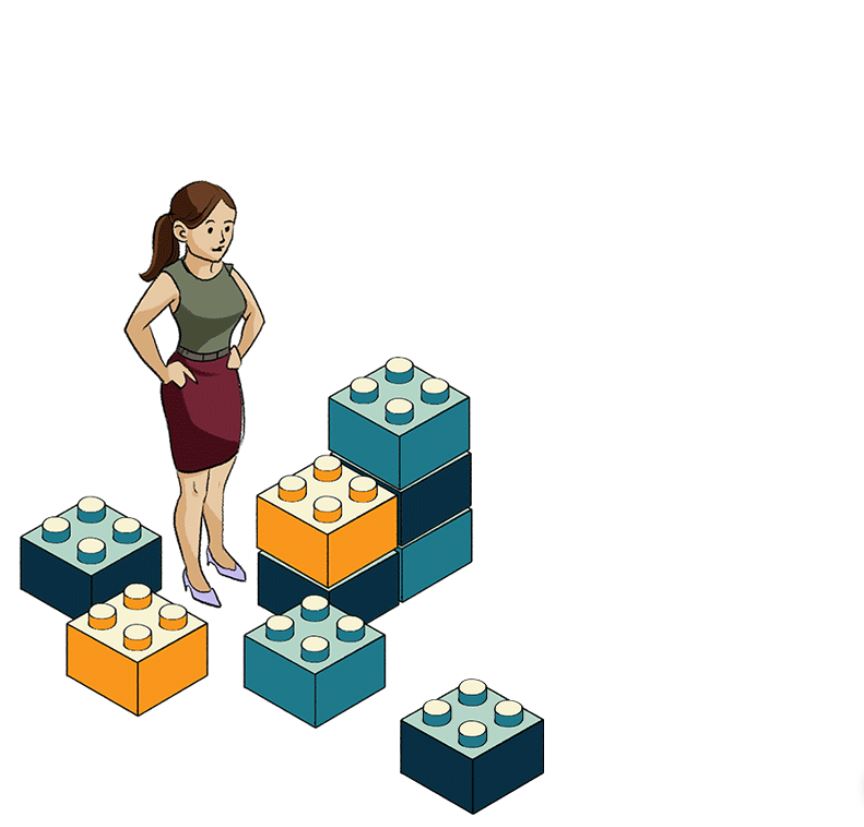Pilot to enable employment of non-EU nationals at start-ups starts mid 2021
Effective per May 1st, 2021, Dutch government introduces a three-year pilot for start-up companies to employ non-EU personnel.
Note: due to the corona situation, it might be possible that the prevised start date of May 1st will be delayed. We will keep you posted if this is the case.
The current regulation
In the current situation a start-up founder can obtain a residence permit as a self-employed person to set up an innovative business in the Netherlands. This residence permit is valid for a maximum of one year.
However, under the current regulations it is difficult for start-ups to hire non-EU nationals. Start-ups often don’t yet have the financial means to meet the salary criteria that apply to Highly Skilled Migrants. This new pilot aims to address that gap.
The pilot for start-ups
The goal of the pilot is to make it easier for start-up companies to attract essential and specialised non-EU employees. The following requirements apply:
- There is a signed employment contract with the start-up company;
- The employee works at a company that is a start-up and innovative;
- The salary of the non-EU employee at the start-up is at least €2,497 (index 2021)
- There must be employee participation of at least a minimum percentage in the start-up company. The exact percentage of employee participation is yet to be announced!
- The start-up can hire a maximum of five foreign nationals through this pilot. An employee who started under this pilot and leaves employment is counted with these five foreign nationals;
- No more than fifteen employees or contractors can be employed at the start-up company.
The immigration procedure that start-up companies will use differs from the regular Highly Skilled Migrant procedure. After receipt of the application, the IND will involve the RVO (the Netherlands Enterprise Agency). The RVO will provide their labour market advice. The decision period is maximally 90 days. Once approved, the applicant receives a residence permit under the purpose of “arbeid in loondienst”. (Labour in paid employment).
The end date of the pilot for start-up companies
The pilot will last three years. The residence permit for non-EU employees of a start-up company is valid for a maximum of three years. In some situations, it will be possible to extend the residence permit for an additional year after the pilot has ended.
Bringing dependent family members under this pilot
Just like with many kinds of residence permits, partner and children can join the non-EU employee. The partner will be free to join the Dutch labour market, without meeting any salary criteria. Needed is a dependent family residence permit with the labour market endorsement “Arbeid vrij toegestaan. TWV niet vereist” (Labour freely allowed. Work permit not required).
Anywr Netherlands gladly advises you and the non-EU employees you want to employ in your start-up in more detail about this pilot. Please do reach out to us with any questions or for a quote. We like to help you grow your business!


